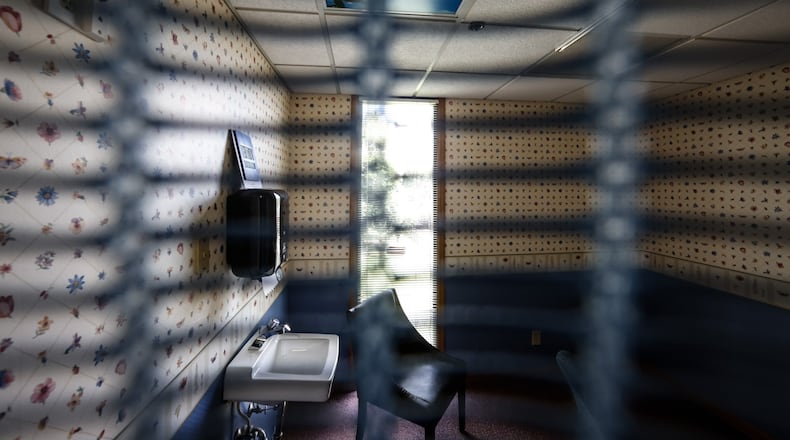Women’s Med has offices in Indianapolis and Kettering. After Ohio’s abortion law went into effect this year banning most abortions when a fetal heartbeat can be detected, the center sent most of its patients to the Indianapolis office. But Indiana lawmakers recently passed an abortion ban in that state as well. Women’s Med officials say this will force them to close both offices when it goes into effect Sept. 15.
“If we are successful legally and are able to keep Indiana open, we will also continue in Ohio,” a Women’s Med representative told the Dayton Daily News.
The Indiana law includes exceptions, allowing abortions in cases of rape and incest, before 10 weeks post-fertilization; to protect the life and physical health of the mother; and if a fetus is diagnosed with a lethal anomaly.
Under new Indiana law, abortions could be performed only in hospitals or outpatient centers owned by hospitals, meaning all abortion clinics would lose their licenses. Any doctors found to have performed an illegal abortion would be stripped of their state medical licenses and could face felony criminal charges punishable by up to six years in prison.
“Women’s Med has provided personalized, high-quality abortion care to Hoosiers for over 20 years,” said Dr. Martin Haskell, medical director at Women’s Med in a statement.
“Unlike Indiana politicians, our physicians are dedicated to the welfare of our patients, meeting them where they are with compassion and respect. Without a court order, we will no longer be able to provide this essential care to our patients. That is simply unacceptable.”
The legal question of whether the Indiana Constitution protects abortion rights is unclear, said Ken Falk, legal director for the American Civil Liberties Union of Indiana, which filed the lawsuit.
Falk pointed to a 2004 state appeals court decision that said privacy was a core value under the state constitution that extended to all residents, including women seeking an abortion. But the Indiana Supreme Court later upheld a law mandating an 18-hour waiting period before a woman could undergo an abortion while not deciding whether the state constitution included a right to privacy or abortion.
The leader of Indiana’s most prominent anti-abortion group argued the state constitution protects life as among the “inalienable rights.”
“We are confident the state will prevail and pray the new law is not blocked from going into effect on September 15, knowing that any delay will mean the indiscriminate killing of unborn children will continue at abortion clinics across Indiana,” Indiana Right to Life CEO Mike Fichter said in a statement.
The Associated Press contributed to this report
About the Author

